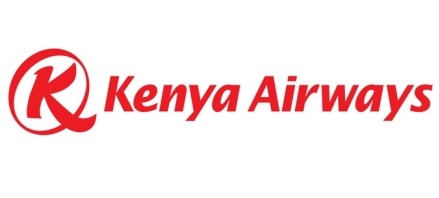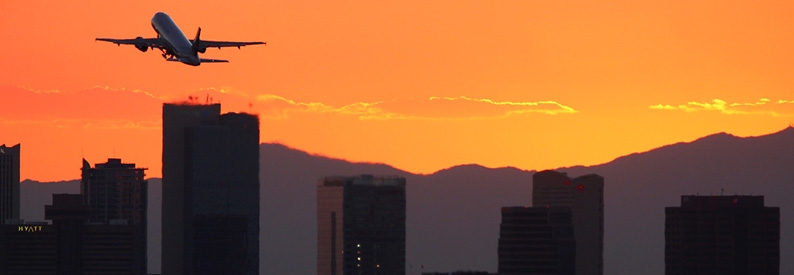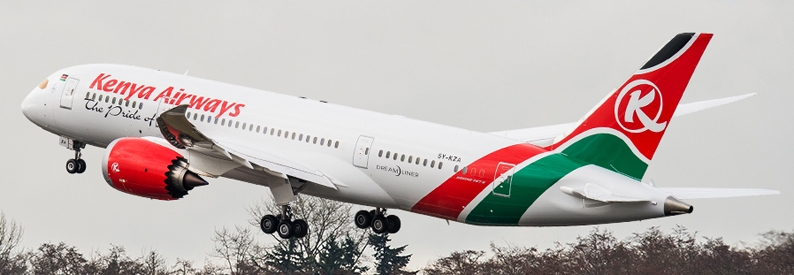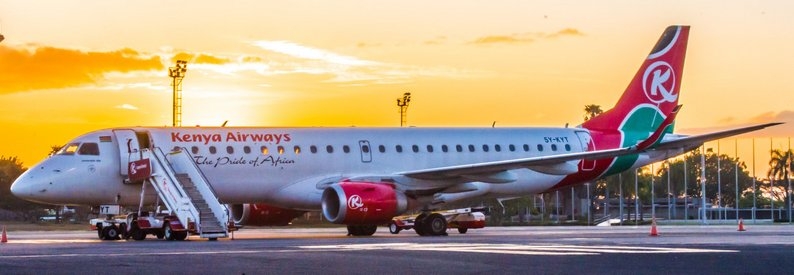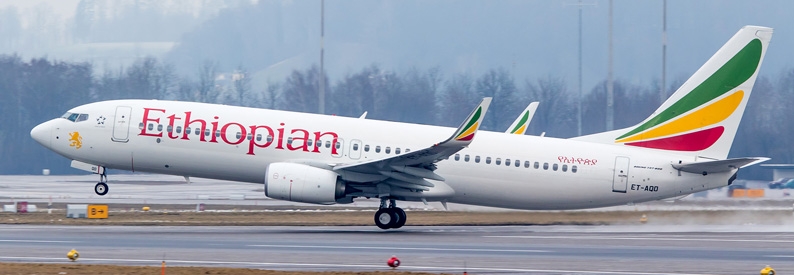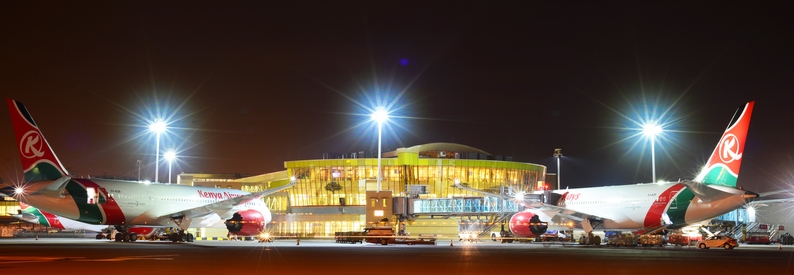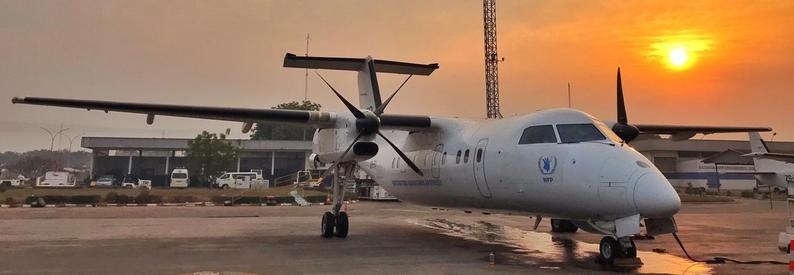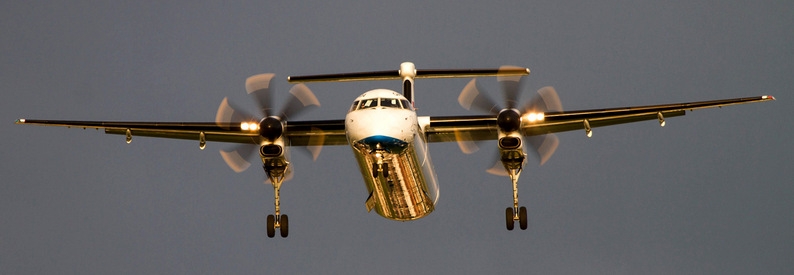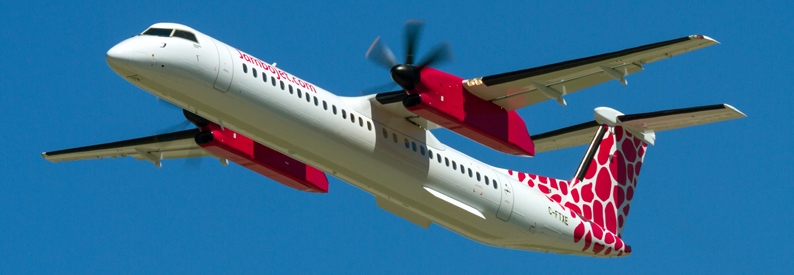Kenyan airlines have called on the government to reconsider proposed legislation that would end value-added tax (VAT) exemptions for the local aviation sector, warning it would negatively impact the industry's sustainability and disincentivise growth and investment.
The Kenya Association of Air Operators (KAAO) - which represents 53 air operators, including Kenya Airways, Astral Aviation, Safarilink Aviation, ALS - Aircraft Leasing Services, Aberdair Aviation, and AirKenya among others - is objecting to the government's Finance Bill 2024, which proposes eliminating VAT exemptions previously granted to the aviation sector.
"These exemptions have been instrumental in stimulating growth and investment within the industry. The proposed deletion of these VAT exemptions threatens to undermine the substantial progress achieved in recent years, posing a significant risk to the sector's sustainability and its contribution to Kenya's economic growth," the organisation said in a statement.
Current exemptions which would be subject to VAT in future include:
- aircraft with an unladen weight exceeding 2,000 kgs but not exceeding 15,000kgs;
- spacecraft (including satellites) and suborbital and spacecraft launch vehicles;
- hiring, leasing, and chartering aircraft, excluding helicopters;
- direction-finding compasses, instruments, and appliances for aircraft.
The KAAO argued that levelling VAT on these would mean a significant surge in acquisition costs for airlines and other air operators. These costs would be passed on to consumers in the form of escalating fares and higher charges for charters, cargo, aerial services, unmanned aircraft vehicle (UAV) services, balloon operations, aircraft repair and maintenance, and training prices. This, in turn, would stunt the sector's growth trajectory.
Imposing VAT on aircraft hiring, leasing, and chartering would escalate operational costs, which would have a domino effect on aviation-reliant sectors such as tourism, trade, and emergency response.
The KAAO urged policymakers to recognise the multifaceted implications and to prioritise strategies to "safeguard these critical exemptions in line with both the International Civil Aviation Organization (ICAO) recommendations and the East Africa Common External Tariff on zero-rated taxes on aviation".
